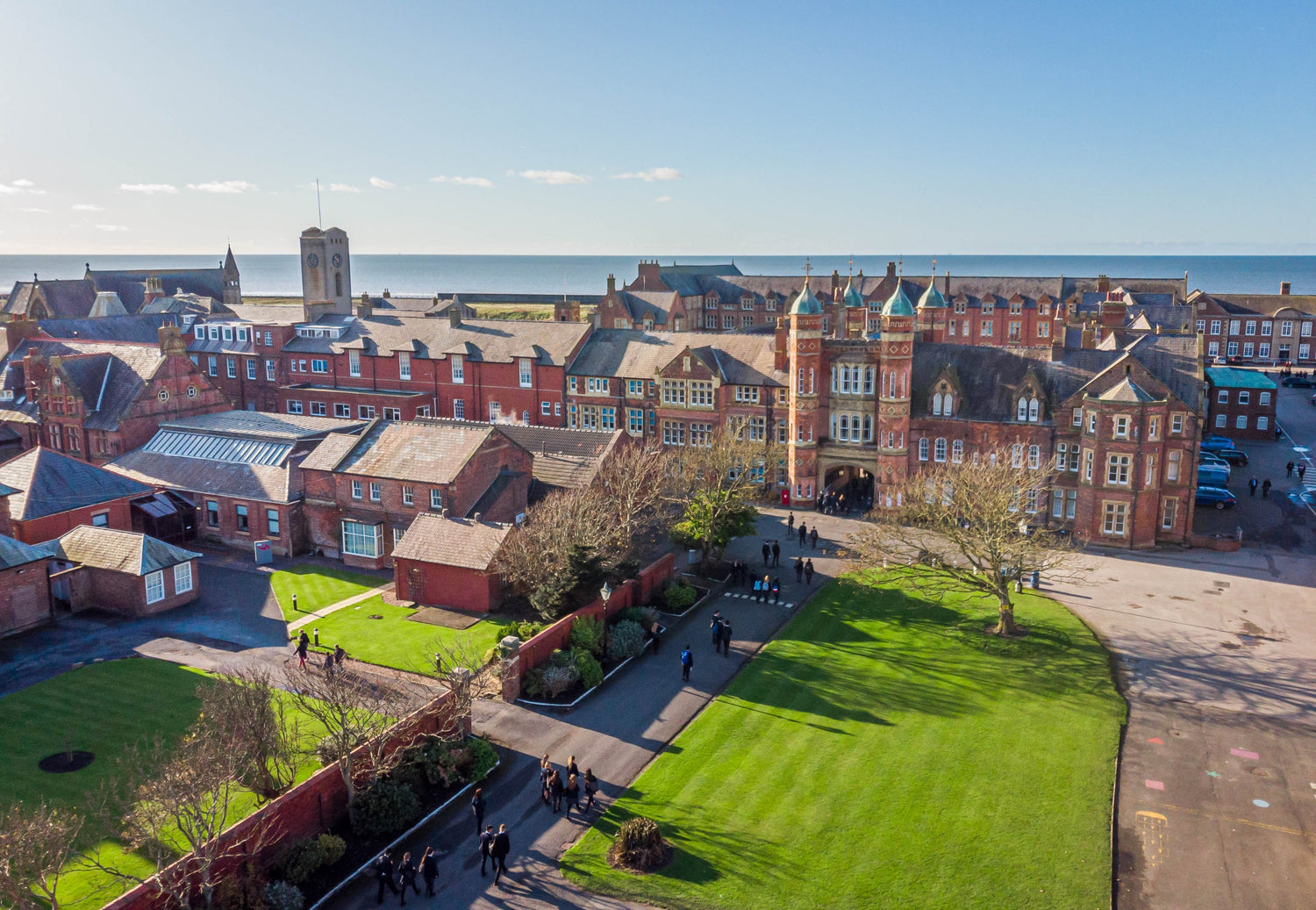
Understanding UK School Curriculums: A Levels, IB and GCSEs Explained
If you’re navigating UK boarding school options, one of the most important decisions you'll face is which curriculum your child will follow. In the UK, the most common qualifications are GCSEs, A Levels, and the International Baccalaureate (IB). Each has its own style, strengths, and suitability depending on your child’s interests, learning style, and future goals.
In this blog, we break down each programme and help you understand what they involve, how they differ, and which route may suit your family best.
GCSEs: The Foundation of UK Secondary Education
GCSEs (General Certificates of Secondary Education) are the standard qualification taken by pupils aged 14 to 16 in Years 10 and 11. Most students take 8 to 11 subjects, with core areas like English, Maths, and Science alongside optional choices such as languages, humanities, or the arts.
What to know:
-
Exams are typically taken at the end of Year 11
-
Subjects are assessed mostly by written exams, with some coursework
-
GCSEs influence subject options at A Level or IB
Most UK boarding schools follow the GCSE curriculum. If your child is entering at Year 9, they will usually begin preparation in that year. We can help you assess school fit based on subject range, academic approach, and your child’s strengths.
A Levels: Focused Depth for Sixth Form Study
A Levels are taken in Years 12 and 13 (Sixth Form) and are designed for students who want to focus deeply on a smaller number of subjects. Most students choose three or four subjects they enjoy or excel in, which can include a mix of sciences, humanities, languages, and creative disciplines.
Why A Levels work for many pupils:
-
Allows focused study of preferred subjects
-
Offers flexibility and specialisation
-
Widely recognised by universities worldwide
-
Less coursework than IB, with emphasis on final exams
A Levels are ideal for students who already have a clear academic direction. Whether your child is aiming for Medicine, Engineering, or the Arts, our team can advise you on subject selection and school choices to support their ambitions.
IB Diploma: Breadth, Challenge and Global Perspective
The International Baccalaureate (IB) Diploma is a globally recognised Sixth Form qualification that includes six subjects, a core of theory of knowledge (TOK), an extended essay, and creativity, activity, service (CAS) work.
Key features of IB:
-
Students study six subjects: three at higher level and three at standard level
-
Compulsory components promote independent thinking and research
-
Emphasises breadth, critical analysis, and international mindedness
The IB is ideal for students who are all-rounders or not ready to narrow their focus at 16. It is especially popular with internationally mobile families, and with pupils considering global university applications.
While only a select group of UK boarding schools offer the IB, we can help you find the right options if you feel this approach suits your child best.
Conclusion
Each pathway GCSEs, A Levels, and IB offers something different. The right choice depends on your child’s learning style, strengths, and long-term plans. We often recommend starting with a clear view of university goals or academic preferences, then working backwards to select the best fit.
If you’re unsure which path is right for your child, or want help comparing schools that offer different routes, book a consultation. We’ll talk you through the options, provide school-specific guidance, and make sure your family has all the information you need to plan with confidence.
